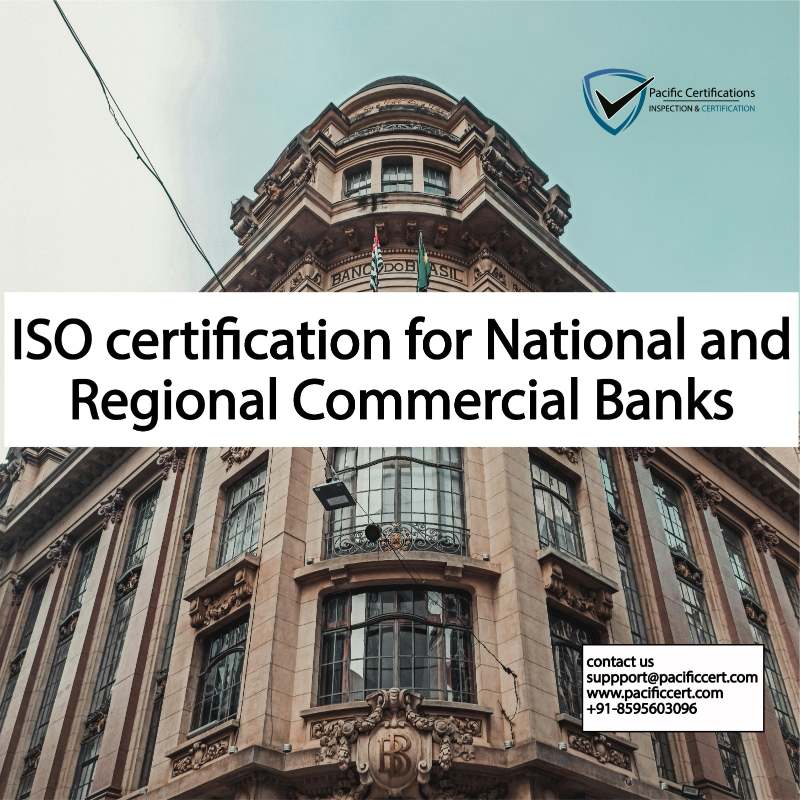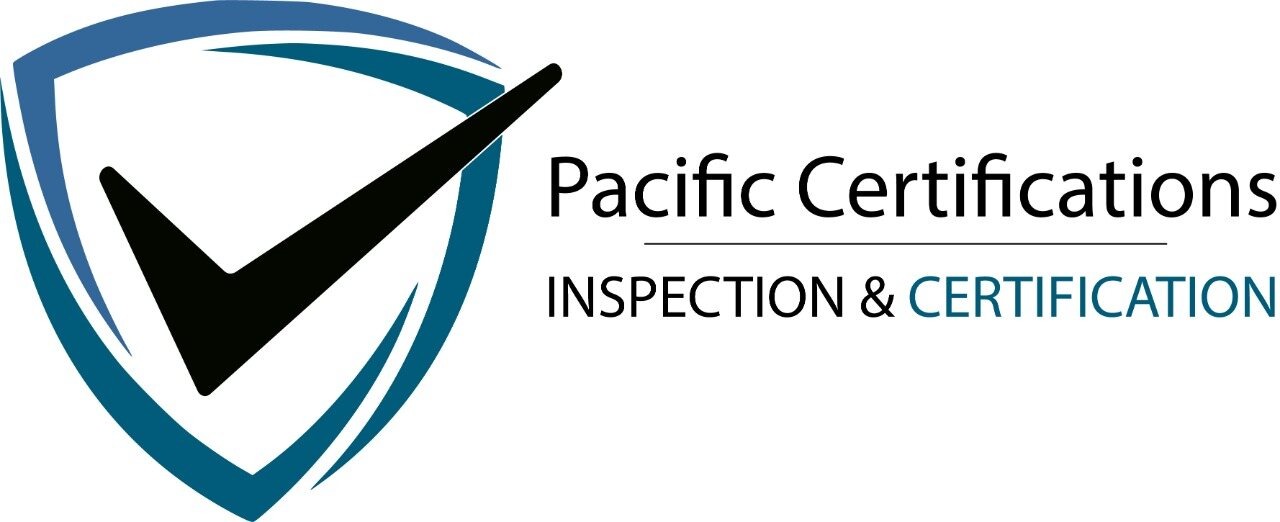ISO Certifications for Commercial Banks, Requirements and Benefits

ISO Certifications for Commercial Banks
ISO certifications provide commercial banks with structured frameworks to ensure the highest levels of efficiency & security. In a sector heavily regulated and reliant on data protection, certifications like ISO 9001 help banks maintain consistent service quality and customer satisfaction by standardizing their processes.
ISO 27001 is crucial for safeguarding sensitive financial data through strong information security management, protecting against cyber threats and ensuring compliance with privacy regulations. Additionally, ISO 22301 helps banks develop business continuity plans, ensuring resilience during disruptions.
Achieving ISO certifications increases banks' credibility, protects assets & strengthens regulatory compliance. For more information on how ISO certifications can support your bank's objectives, contact [email protected].
Applicable ISO standards for Banking Sector
Here's an overview of applicable ISO standards for National and Regional Commercial Banks:
ISO 9001: Quality Management Systems (QMS)
This standard applies to any organization seeking to improve its operational efficiency and customer satisfaction. For banks, ISO 9001 can help in aligning processes, reducing errors, and enhancing customer service.
ISO 27001: Information Security Management Systems (ISMS)
Given the critical importance of information security in the banking sector, ISO 27001 is highly relevant. It provides a framework for establishing, implementing, maintaining, and continually improving an information security management system.
ISO 22301: Business Continuity Management Systems (BCMS)
This standard is crucial for banks to ensure the continuity of their operations in the event of disruptions, such as natural disasters, IT failures, or other emergencies.
ISO 20000-1: Service Management System (SMS)
Targets the management of service delivery, relevant for banks that are increasingly reliant on IT services to support their operations and customer interactions.
ISO 31000: Risk Management
Provides guidelines on risk management that banks can apply to their operations. While not a certifiable standard, it offers a systematic approach to identifying, assessing, and managing risks.
Click here to find out more applicable standards to your industry
Requirements of ISO Certifications for National and Regional Commercial Banks
ISO certifications process involves meeting specific requirements and brings numerous benefits. Here's a detailed breakdown of both requirements and benefits associated with ISO certifications in the banking sector.
ISO 9001: Quality Management System Requirements
Establish a formal Quality Management System (QMS) for banking processes (e.g., customer service, loan processing).
Define customer satisfaction objectives and track progress.
Implement regular internal audits to evaluate process effectiveness.
Identify and correct nonconformities in service delivery.
Continuously improve operational workflows based on performance data.
ISO 27001: Information Security Management System Requirements
Develop and maintain an Information Security Management System (ISMS) to safeguard sensitive banking data.
Conduct regular risk assessments to identify cybersecurity threats and vulnerabilities.
Implement data protection measures like encryption, access control, and multi-factor authentication.
Establish a response plan for data breaches or security incidents.
Monitor and audit information security protocols to ensure compliance with data privacy laws.
ISO 22301: Business Continuity Management System Requirements
Identify risks that could disrupt banking services, such as cyberattacks, natural disasters, or financial crises.
Develop a business continuity management (BCM) plan to ensure uninterrupted operations during disruptions.
Conduct regular testing and reviews of the BCM plan.
Ensure all stakeholders, including customers and regulatory bodies, are aware of the bank’s contingency measures.
Establish recovery strategies to resume normal banking functions promptly after disruptions.
ISO 14001: Environmental Management System Requirements
Implement an environmental management system to assess and reduce the environmental impact of banking operations (e.g., energy use in branches, digital operations).
Set environmental objectives, such as reducing energy consumption or carbon emissions.
Regularly review environmental performance and implement sustainable practices.
Comply with local environmental regulations and reporting requirements.
Integrate sustainability into the bank’s overall strategic planning.
For support with ISO certification audits for your bank, contact [email protected].
Benefits of ISO Certifications for National and Regional Commercial Banks
ISO 27001 ensures robust protection of sensitive customer and financial data, reducing the risk of breaches and cyberattacks.
ISO 9001 helps banks streamline processes, ensuring smooth, consistent service delivery to customers.
Certification ensures banks meet international and local regulations related to data privacy, security, and environmental practices.
ISO 22301 provides a framework for maintaining service during unforeseen disruptions, minimizing downtime and financial loss.
Certifications demonstrate a bank's commitment to quality, security, and sustainability, enhancing its reputation with clients, partners, and stakeholders.
ISO 14001 helps banks manage their environmental footprint, aligning with sustainability goals and public expectations.
Conclusion
The journey towards ISO certification is both a commitment and an investment. It signifies a bank's dedication to excellence and continuous improvement, laying a strong foundation for sustained success and customer trust in an increasingly regulated banking environment.
Pacific Certifications is accredited by ABIS, in case you need support with ISO certification for your business, please contact us at [email protected] or +91-8595603096.
Ready to get ISO certified?
Contact Pacific Certifications to begin your certification journey today!
Suggested Certifications –
Read more: Pacific Blogs
